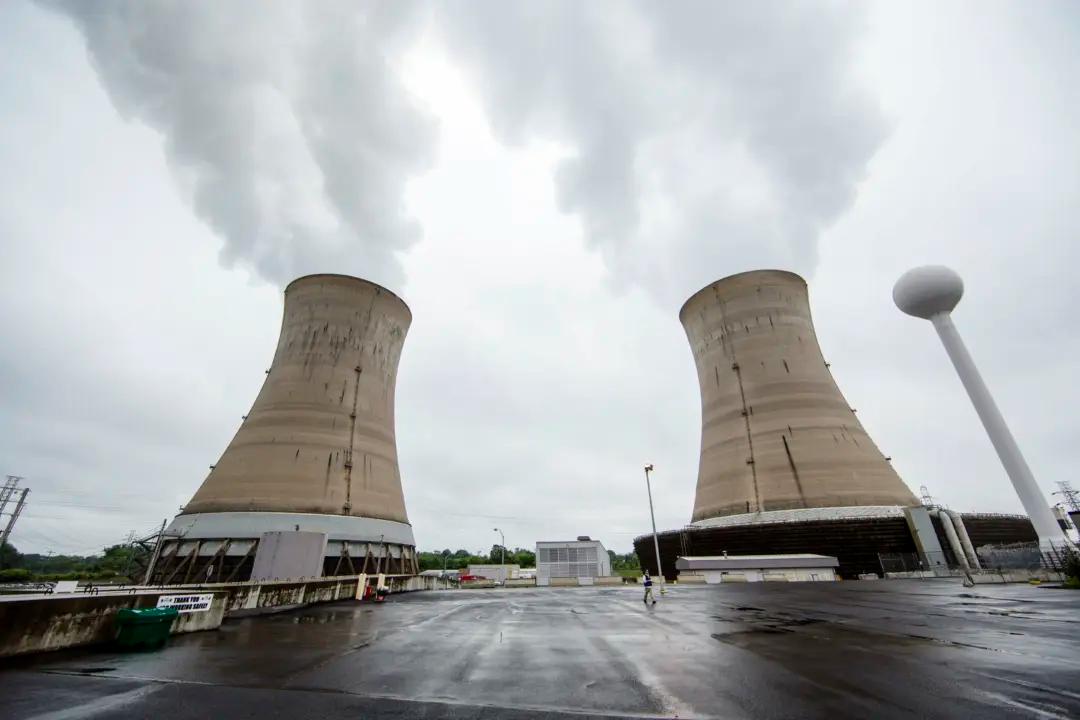The Supreme Court said on Oct. 4 that it would hear a pair of cases emanating from the federal government’s attempt to store nuclear waste in western Texas.
Texas attempted to block the practice by passing a law prohibiting the disposal or storage of high-level radioactive waste in the state.





